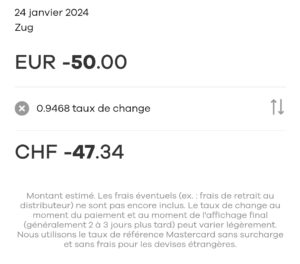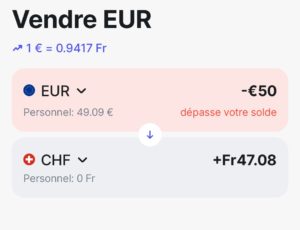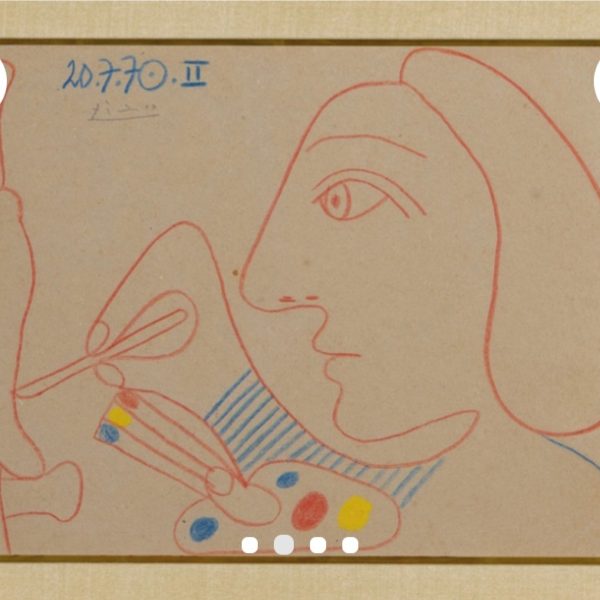Comparing Neo-Banks in Switzerland: Revolut, Neon, and Yuh
In the ever-evolving world of banking, the emergence of neo-banks has transformed the financial landscape, offering innovative solutions and challenging traditional banking norms. In Switzerland, three prominent players in this space are Revolut, Neon, and Yuh. This article aims to provide insights into my personal experiences with these platforms, focusing on their features, advantages, and drawbacks.
Revolut: Leading the Charge with Comprehensive Features
Revolut, a British smartphone-based bank, stands out for its extensive range of features. From investing in metals and stocks to offering sub-accounts for children, multi-currency support with multiple accounts, Revolut has positioned itself as a versatile financial companion. Despite lacking a full banking license, its electronic money license in the UK and Lithuania has not hindered its popularity, boasting hundreds of thousands of users in Switzerland.
One notable advantage of Revolut is its competitive exchange rates. Comparing a 50 Euro exchange across Revolut, Neon, and Yuh, Revolut consistently offered the most favorable rate. However, it’s crucial to note that Revolut has a monthly exchange limit of 1’250 CHF, beyond which a 1% surcharge is applicable. Opting for a Premium subscription (costing 120 CHF per year) removes this limit, providing unlimited exchange capabilities.

Neon

Revolut

Yuh
Revolut’s commitment to interbank exchange rates contributes to its reputation for cost-effective currency conversions. However, users should be cautious about weekend exchanges. While Revolut excels in favorable rates and an intuitive app, its customer service has received occasional negative feedback.
An important drawback is that funds deposited in Revolut are not covered by Swiss deposit insurance, making it unsuitable for salary accounts or bill payments.
Neon: A Swiss Contender with Assurance
Neon, a fully digital Swiss bank, operates exclusively through its mobile app, marking it as one of Switzerland’s pioneering digital banks. While lacking physical branches, Neon offers the assurance of a Swiss banking experience. With a unique debit card, Neon allows users to manage their money directly without the need for additional travel or credit cards.
For many Swiss users, Neon outshines Revolut due to the security of insured funds and the convenience of using it as a primary Swiss bank account. However, Neon has limitations in handling multiple currencies, supporting only CHF. Users requiring different currencies or receiving funds in various currencies may find Revolut more suitable.
Yuh: A Swiss Neo-Bank with Unique Features
Yuh, a Swiss-based neo-bank, provides a banking experience with an IBAN CH account, supporting CHF, EUR, and USD as primary currencies. Boasting 13 additional sub-accounts for various currencies, Yuh also offers a Mastercard for both online and offline purchases. Despite higher fees, Yuh distinguishes itself with features like payments through QR and BVR, eBill, and TWINT.
While Yuh’s fees, especially in currency exchange and stock acquisitions, may be comparatively high, its application’s practicality in the Swiss context is notable. The unique concept of earning Swissqoins through app usage adds a rewarding element for users.
Conclusion:
In navigating the neo-banking landscape in Switzerland, Revolut, Neon, and Yuh each bring unique strengths and weaknesses to the table. The choice ultimately depends on individual preferences, whether it be extensive international features, Swiss-centric assurance, or innovative rewards. As the fintech industry continues to evolve, staying informed about the evolving offerings of these neo-banks ensures users can make the best-informed decisions for their financial needs.



